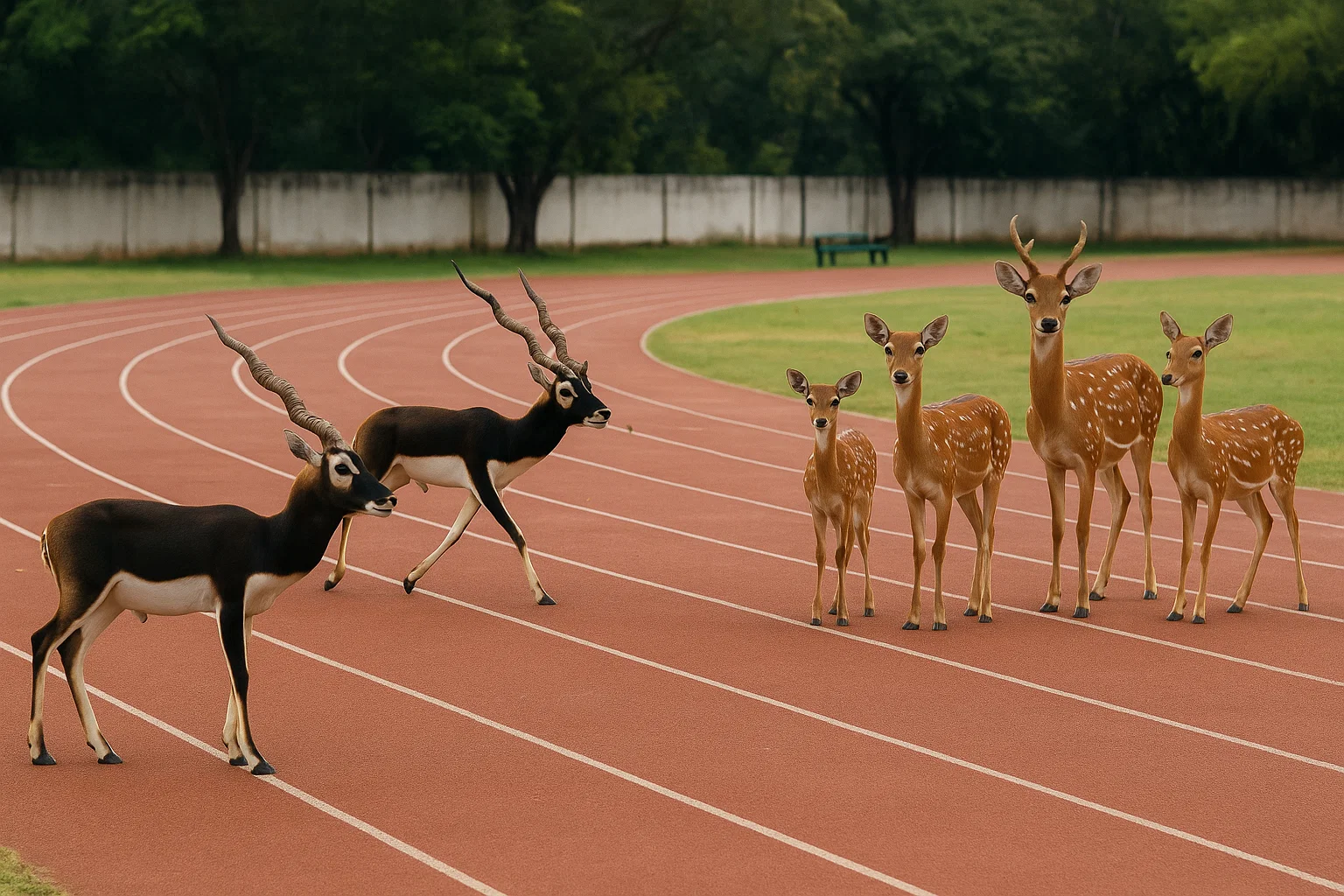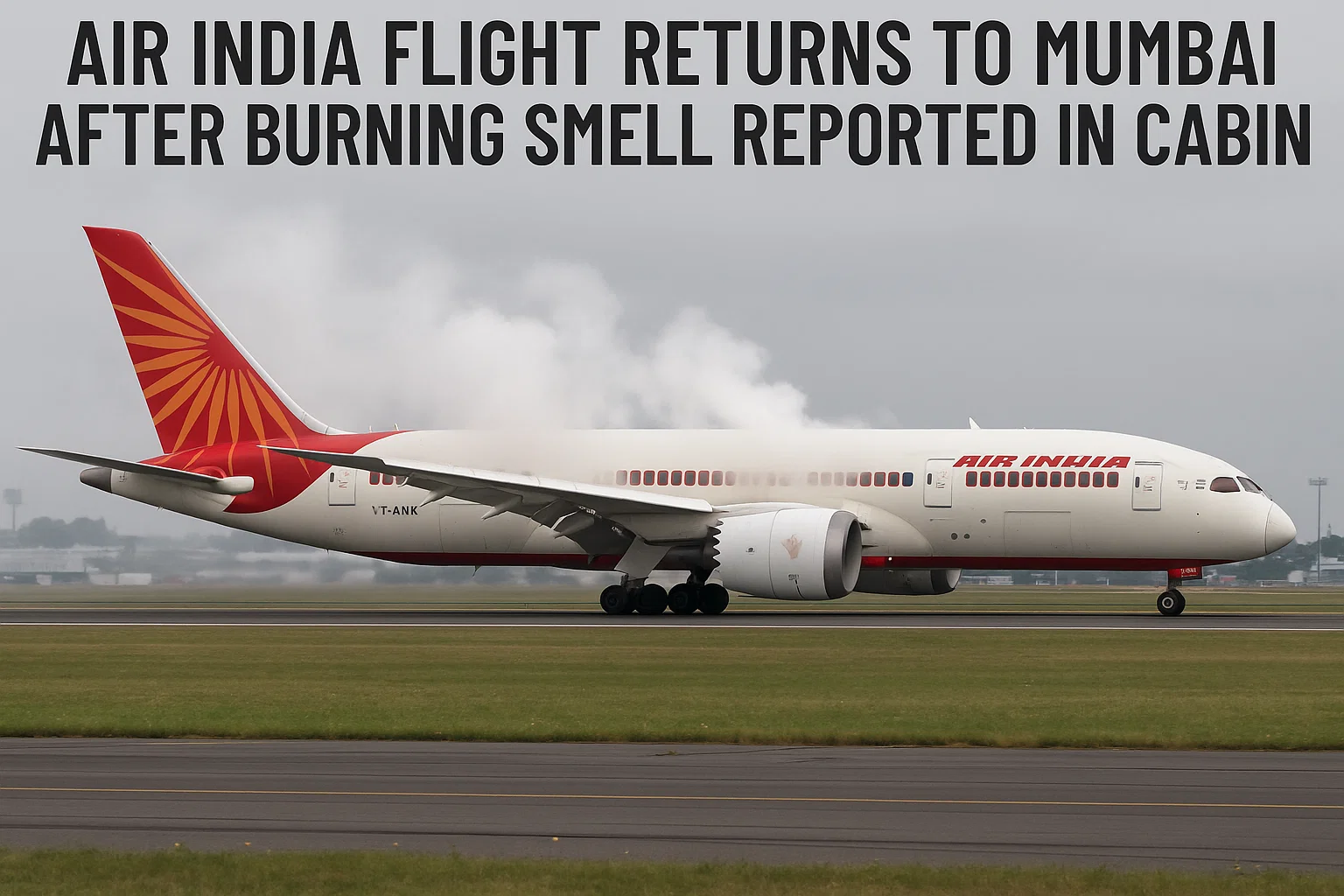World Bank Data Reveals Stark Contrast in Poverty Reduction: India Lifts Millions, Pakistan Struggles

World Bank Data Reveals Stark Contrast in Poverty Reduction: India Lifts Millions, Pakistan Struggles
NEW DELHI/ISLAMABAD – Recent data released by the World Bank paints a starkly contrasting picture of poverty reduction efforts in India and Pakistan, highlighting divergent economic trajectories and policy priorities over the past decade. While India has made monumental strides in lifting its citizens out of extreme poverty, Pakistan continues to grapple with rising poverty levels and economic instability.
According to the World Bank's latest 'Poverty and Shared Prosperity' report, India's extreme poverty rate dramatically declined from 27.1% in 2011-12 to just 5.3% in 2022-23. This impressive reduction translates to approximately 269 million people being lifted out of extreme poverty in India within just 11 years—a number larger than Pakistan's entire current population. This achievement comes as India recently surpassed Japan to become the world's fourth-largest economy.
In stark contrast, Pakistan has witnessed a troubling increase in poverty. The extreme poverty rate in Pakistan rose from 4.9% in 2017 to 16.5% in 2021. Broader poverty indicators also worsened, with the overall poverty headcount (at a threshold of $4.2 per person per day) increasing from 39.8% in 2017 to over 44.7% in 2021. Analysts suggest that the actual situation in Pakistan could be even more dire due to outdated survey methodologies.
Experts attribute India's success to its sustained focus on inclusive development, targeted welfare programs, and robust economic growth. Meanwhile, Pakistan's economic woes are linked to a heavy reliance on international loans (having accepted 25 IMF bailouts), structural inefficiencies, and a disproportionate allocation of resources towards military spending rather than essential development.
The World Bank's findings underscore a critical lesson for the Global South: poverty is not an inescapable fate, but rather a consequence of governance, policy choices, and political will. The diverging paths of these two South Asian neighbours serve as a powerful testament to the impact of strategic development and investment in human welfare.


